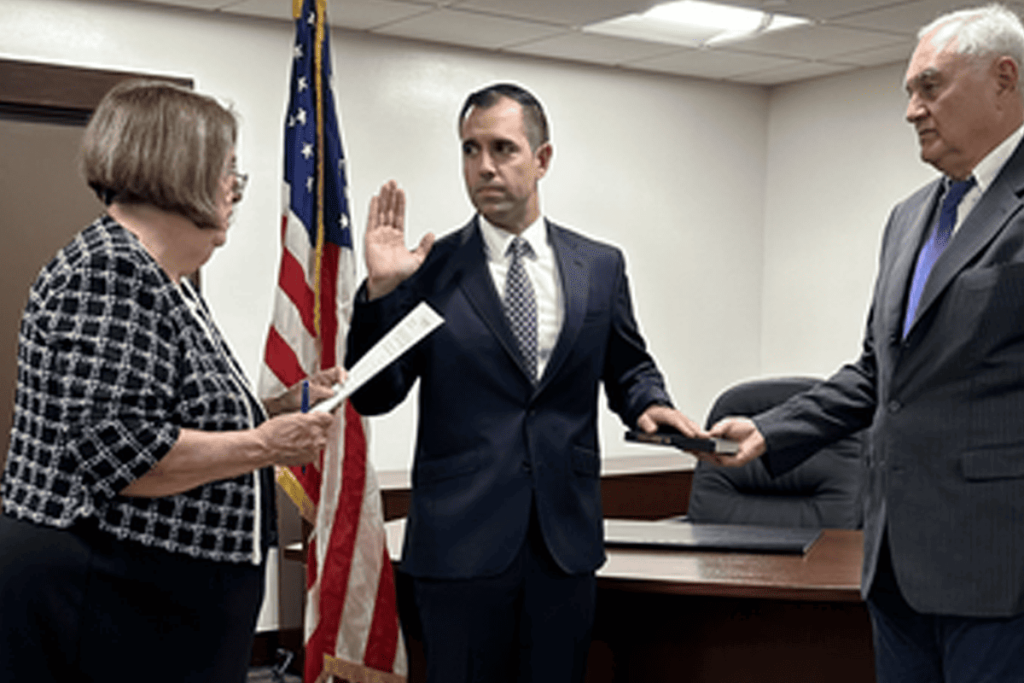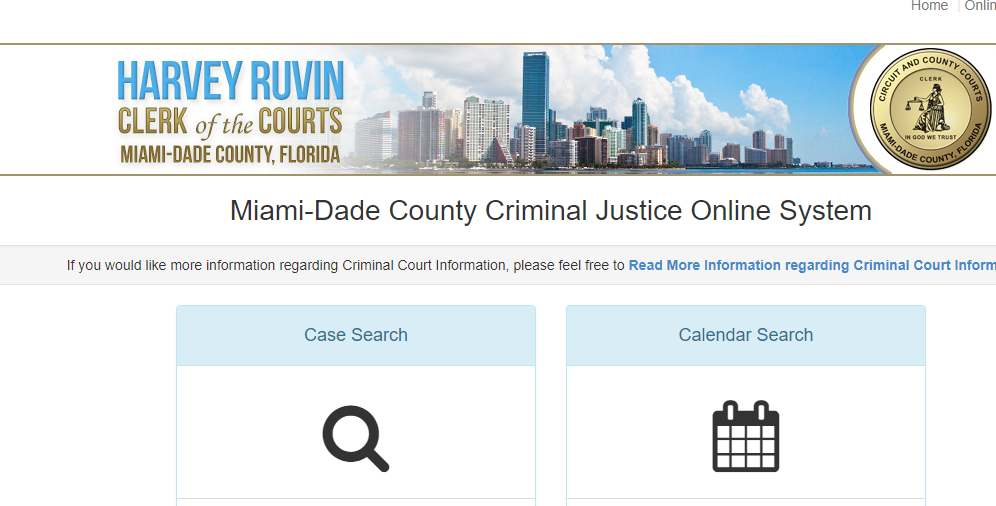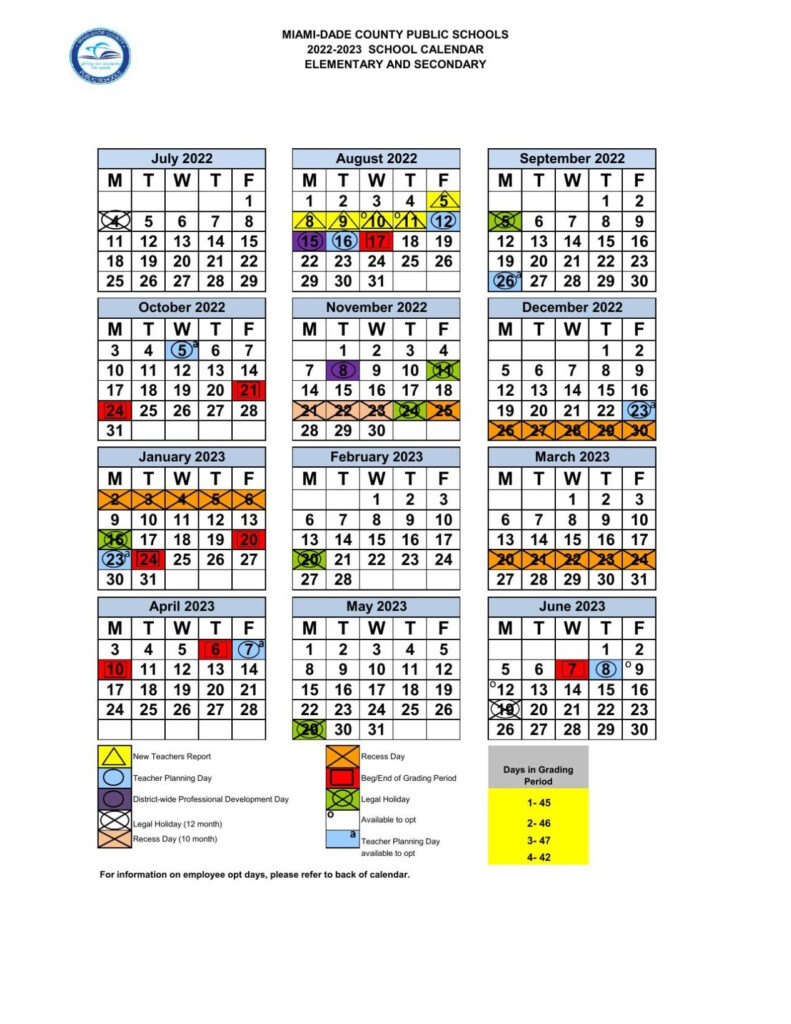Miami Dade Criminal Court Calendar – When you or somebody you know is associated with a criminal situation, recognizing the criminal court calendar is vital. It’s like a roadmap, detailing the essential steps in the legal process and aiding every person entailed recognize when to be in court. Whether you’re a defendant, a lawyer, or simply curious concerning just how the system functions, this overview will break it all down in simple, easy-to-understand terms. Miami Dade Criminal Court Calendar.
What Is a Wrongdoer Court Calendar?
Allow’s begin with the fundamentals. A criminal court schedule is basically a schedule that details all the criminal cases readied to be listened to in a specific court. Think about it like a big schedule or program, where every case has its own slot. Each hearing or test has a certain date, time, and area.
Yet who handles this schedule? Typically, it’s the duty of the court’s clerk to maintain and update it. They ensure that instances move along smoothly through the system. The calendar includes everything from small violations to major felonies, so every situation obtains the attention it deserves.
Key Parts of a Crook Court Calendar
Now that you understand what it is, let’s dive into what you’ll find on a criminal court schedule.
- Sorts of Instances: You’ll see a variety of criminal fees, from petty theft to more major offenses like attack or robbery. Offense instances tend to be much shorter, while felonies commonly need numerous court looks.
- Crucial Days: Each case has crucial milestones, such as arraignment (the very first court look), pre-trial hearings, and inevitably the trial or appeal deal. Understanding these dates helps every person engaged prepare for what’s coming.
Understanding these elements helps accuseds, attorneys, and even family members remain notified and prepared.
Just How Are Court Dates Established?
Wondering how the court determines when to schedule your hearing? It’s not random. The procedure of establishing court dates relies on several variables, consisting of the severity of the crime, court accessibility, and the routines of the prosecutor, defense lawyer, and court.
For example, an arraignment (where the accused is officially charged) is typically arranged within a couple of days to a few weeks after the apprehension. Pre-trial hearings and the real test day might take longer to set up, as every person needs to collaborate their calendars.
A court generally plays a considerable role in figuring out when the test will certainly happen, typically after reviewing availability with both the defense and prosecution.
Kinds Of Criminal Court Hearings
Not all court hearings coincide, and the criminal court schedule is filled with various types of sessions. Here are the most typical ones you’ll encounter:
Accusation Hearings
This is the accused’s opening night in court. At the arraignment, they will certainly be formally charged, and they will certainly either plead guilty, not guilty, or no competition. A future court day will certainly likewise be arranged throughout this hearing.
Pre-Trial Conferences
Prior to a situation mosts likely to test, there are usually pre-trial conferences. These are meetings in between the attorneys and the judge to review the instance’s progression and any type of possible appeal offers.
Motion Hearings
Legal representatives often file movements (requests for a court to make a decision) throughout a case. Movement hearings are where those requests are reviewed. For instance, a defense lawyer might file a movement to reduce specific evidence.
Tests and Punishing
If a situation mosts likely to trial, it will certainly be arranged on the court schedule, generally as the final step. After the test, if the defendant is found guilty, a sentencing hearing is set up to identify their punishment.
What Happens If You Miss a Court Day?
Missing a court day can be a big deal, and it’s not something to ignore. The effects can be extreme, including:
- Bench Warrant: The court might release a bench warrant for your apprehension.
- Penalties and Penalties: Falling short to show up can result in added penalties or penalties.
- Influence on Your Instance: Missing out on a date might make you look undependable in the eyes of the court, which could affect your case’s end result.
If you realize you can not make it to your arranged hearing, contact your lawyer instantly. They might have the ability to ask for a new date or reschedule it for you.
Exactly how to Access a Lawbreaker Court Schedule
In today’s digital age, accessing the court calendar has never been easier. You can:
- Online Resources: Many courts have on the internet portals where you can seek out your situation and see the arranged dates.
- Courthouse Gos to: You can constantly visit the courthouse face to face and consult the staff’s office.
- Legal Guidance: Your attorney should have all your court dates and will certainly maintain you educated as your instance advances.
Why the Bad Guy Court Schedule Is Very Important for Accuseds
For a accused, remaining on top of the criminal court calendar is essential. Missing even one crucial day can thwart your situation and result in more trouble than you planned on. Plus, recognizing when your following hearing is allows you to prepare better– whether that suggests event proof, talking with witnesses, or planning with your lawyer.
Think of the court schedule as your individual timeline. It helps you recognize the process and remain ahead of what’s coming next.
Tips for Navigating the Wrongdoer Court Schedule
Below are some fast suggestions to aid you navigate the system:
- Stay Organized: Keep a physical or electronic copy of all your court dates. You don’t desire anything sliding through the splits.
- Work Closely with Your Attorney: Your attorney is your best source for recognizing the court calendar and ensuring you never ever miss out on an important day.
- Set Tips: Use your phone or other tools to set pointers for each and every court look. This will certainly maintain you on track and punctual.
Conclusion
The criminal court calendar could seem frustrating initially, yet comprehending it is vital. It works as the backbone of the legal process, leading each situation from beginning to end. By staying arranged, working with your lawyer, and keeping track of essential dates, you can browse the system with confidence.
FAQs
- Exactly how can I examine my court day?
- You can check your court date by going to the court’s internet site, making use of an online website, or calling the clerk’s office directly.
- What takes place if my court date is delayed?
- If your court date is delayed, the court will certainly inform you or your attorney. See to it you update your calendar to reflect the brand-new date.
- Can I alter my court day?
- In many cases, yes. You’ll require to request a rescheduling with your legal representative or directly to the court, but it’s up to the judge to accept it.
- What does ” schedule call” indicate in criminal court?
- A schedule telephone call is when the court evaluates all the instances scheduled for a specific date to make certain whatever prepares to proceed as prepared.
- Just how do I know if I’m required to participate in a certain hearing?
- Your attorney will notify you which hearings are compulsory for your participation. The majority of pre-trial hearings might not need your existence, but trials and arraignments usually do.


